Oral cancer awareness is an essential aspect of promoting early detection and improving outcomes for individuals at risk. Oral cancer refers to cancers that develop in the mouth, including the lips, tongue, gums, cheeks, and the roof or floor of the mouth. Early detection plays a crucial role in successful treatment and improved survival rates.
Here are some key points regarding oral cancer awareness and the significance of early detection:
- Risk Factors: Some factors, such as tobacco use (cigars, pipes, chewing tobacco), heavy alcohol consumption, excessive lip exposure to the sun, a family history of oral cancer, a weakened immune system, and human papillomavirus (HPV) infection, raise the risk of developing oral cancer.
- Symptoms: Early detection of oral cancer can be aided by being aware of the warning signs and symptoms. These include prolonged hoarseness, unexplained weight loss, pain or trouble swallowing, changes in the colour or texture of oral tissues, lumps or thickening of the mouth lining, and persistent mouth sores.
- Visits to the dentist on a regular basis: Dental practitioners are crucial in the early detection of mouth cancer. The mouth can be thoroughly examined at routine dental visits, allowing for the identification of any abnormal changes or symptoms that can be indicative of oral cancer.
- Oral cancer screening: As part of regular dental examinations, dentists may conduct oral cancer screenings. In order to find any abnormalities, these screenings require a visual inspection of the mouth, including the lips, gums, tongue, and other oral tissues. Additionally, for improved detection, cutting-edge screening tools like the VELscope or oral cancer DNA tests may be used.
- Self-Examinations: To help with the early identification of oral cancer, people can also conduct self-examinations. Regular oral examinations might help people spot any unsettling changes or symptoms. Examining oneself entails searching for anomalies such lumps, lesions, or discolouration as well as documenting any changes or symptoms to report to a dental expert.
- Promoting education and awareness about oral cancer is essential for encouraging early identification. Raising awareness of the risk factors, symptoms, and value of routine screenings can be accomplished through public health initiatives, neighbourhood gatherings, and instructional materials.
- Treatment and Prognosis: If oral cancer is detected early, treatment options like surgery, radiation therapy, chemotherapy, or targeted drug therapy may be more effective. Early detection often leads to better treatment outcomes, improved quality of life, and higher survival rates.
In summary, oral cancer awareness is essential for promoting early detection, which significantly impacts the outcome of treatment. By understanding the risk factors, recognizing the symptoms, undergoing regular dental check-ups, and practicing self-examinations, individuals can contribute to the early detection of oral cancer and improve their chances of successful treatment.
FAQ
The term "oral cancer" describes malignancies that arise in the lips, tongue, gums, cheeks, as well as the roof or floor of the mouth.
Because it allows for prompt intervention and increases the likelihood of effective treatment, early identification is essential for oral cancer. Early detection of oral cancer frequently results in better outcomes and increased survival rates.
What are the risk factors for oral cancer?
Several factors increase the risk of developing oral cancer, including tobacco use (cigarettes, cigars, pipes, chewing tobacco), heavy alcohol consumption, excessive sun exposure on the lips, a family history of oral cancer, a weakened immune system, and the human papillomavirus (HPV) infection.
perform self-examinations to aid in the early detection of oral cancer. Regularly inspect your mouth for any abnormalities such as sores, lumps, or discoloration. If you notice any concerning changes or symptoms, report them to a dental professional


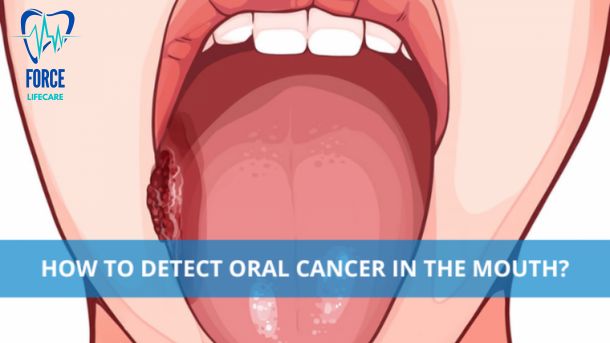
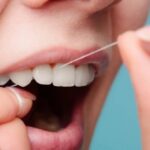
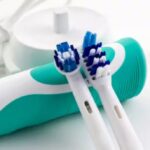
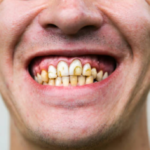
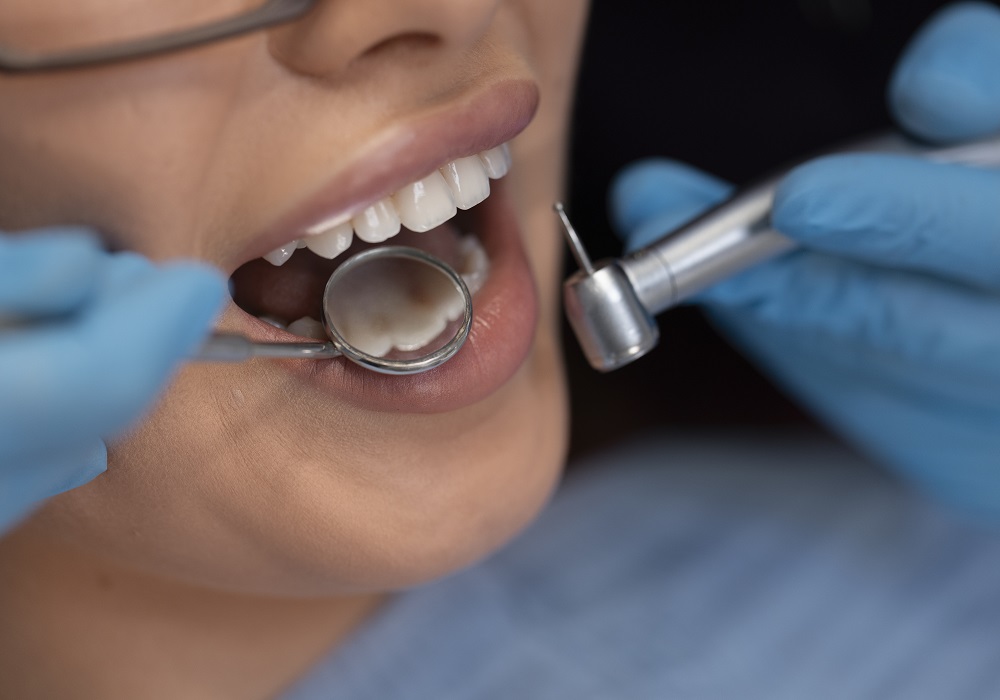 Dental Checkup Services
Dental Checkup Services
 Our range of products
Our range of products
 Oral Care Blogs
Oral Care Blogs

Recent Comments